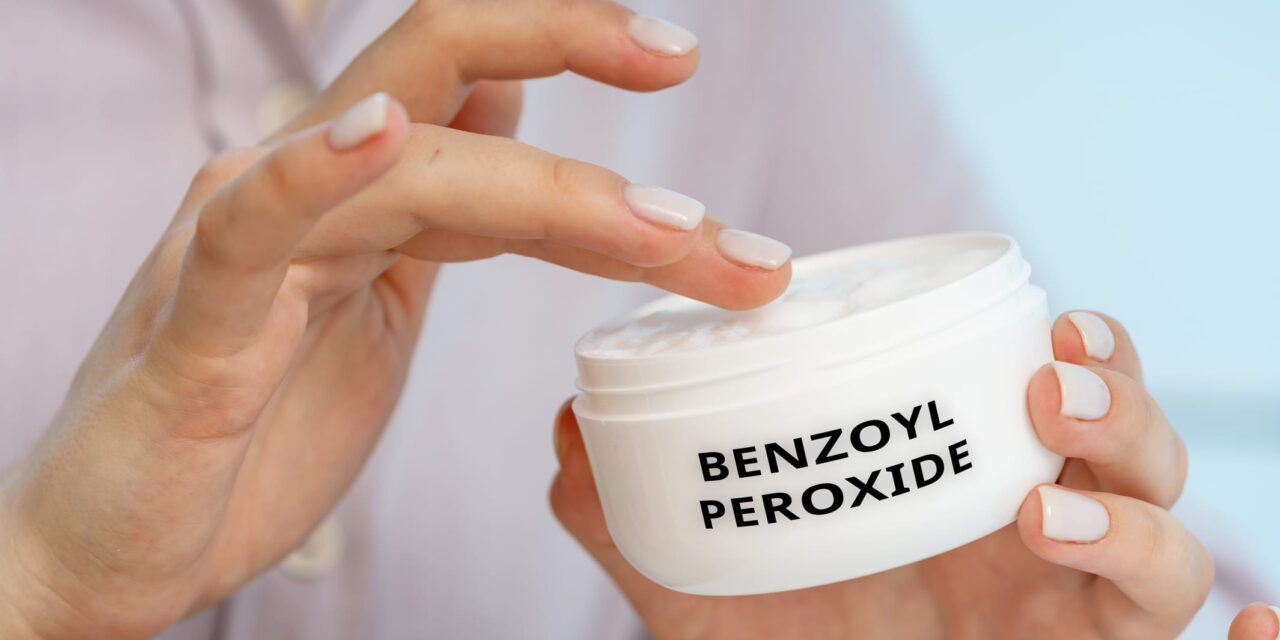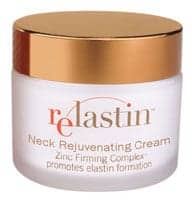Six of 95 acne treatments showed elevated benzene levels, prompting retail-level recalls.
Recent reports have noted that benzoyl peroxide, a common acne-fighting ingredient available by prescription and over the counter, has the potential to break down into benzene.
The US Food and Drug Administration (FDA) alerted the public and industry to the results of new agency testing of 95 acne products containing benzoyl peroxide for possible benzene contamination. The FDA concluded that a limited number of products should be recalled at the retail level; more than 90% of tested products had undetectable or extremely low levels of benzene.
The FDA initiated independent testing following receipt of third-party testing results submitted to the agency that raised concerns about elevated levels of benzene in certain acne products containing benzoyl peroxide. Testing results indicate fewer products with benzene contamination than the third-party findings.
“Research on this issue is ongoing, and we continue to monitor new findings to ensure dermatologists and patients have the most accurate and up-to-date information,” says American Academy of Dermatology president Susan C. Taylor, MD, FAAD, in a release. “…While some studies suggest potential connections between benzene and an elevated risk for certain diseases, like cancer, the potential risk is still being investigated.
Recalls at the Retail Level
The FDA’s findings led to several companies recalling their products at the retail level. These include La Roche-Posay Effaclar Duo Dual Action Acne Treatment, Walgreens Acne Control Cleanser, Proactiv Emergency Blemish Relief Cream Benzoyl Peroxide 5%, Proactiv Skin Smoothing Exfoliator, SLMD Benzoyl Peroxide Acne Lotion, and Walgreens Tinted Acne Treatment Cream.
Additionally, the manufacturer of another benzoyl peroxide acne product, Zapzyt Acne Treatment Gel, agreed to voluntarily recall this product due to the elevated level of benzene found during its own testing.
Benzene is a chemical formed in nature and from human activities. It is also a natural part of crude oil, gasoline, and cigarette smoke. Exposure to benzene can increase the risk of cancer. Further information regarding benzene in drugs can be found here.
“If you have one of the recalled products listed on the FDA website, there is no immediate cause for concern. This is a retail-level recall, meaning stores and online retailers have been asked to stop selling these products. The FDA has not recommended that the public take any action at this time,” says Taylor in a release.
FDA Testi Finds Benzene Contamination in Six of 95 Treatments
The FDA’s testing used validated test methods and assessed all benzoyl peroxide products identified by third-party laboratories as having elevated benzene levels that FDA was able to purchase at the time of testing, as well as additional marketed products. The FDA tested a total of 95 acne treatment products containing benzoyl peroxide and found six products with elevated levels of benzene. The FDA notes that some of these six products are approaching their expiration dates and recommends consumers check their products and throw away products that are beyond their expiration date.
The FDA intends to publish the full results of its testing, including data and information on testing methods, in one or more peer-reviewed journals in the coming months.
The American Academy of Dermatology recommends that patients follow best practices for storing and handling products containing benzoyl peroxide and consult their dermatologist if they have any concerns. To minimize risk:
- Store products according to the manufacturer’s instructions at room temperature or cooler conditions (eg refrigerated).
- Replace products that contain benzoyl peroxide every 10-12 weeks.
- Benzoyl peroxide products should be discarded if exposed to high temperatures (eg greater than 78°F).
ID 285250835 © Luchschen | Dreamstime.com




